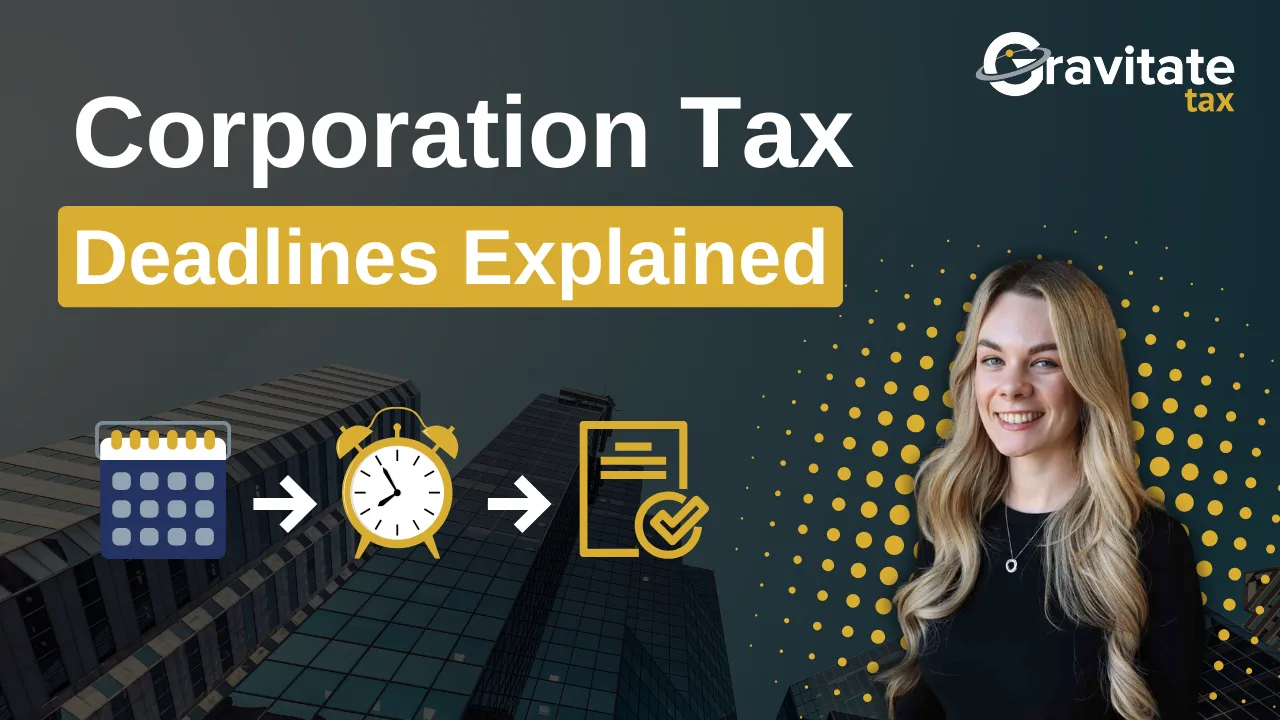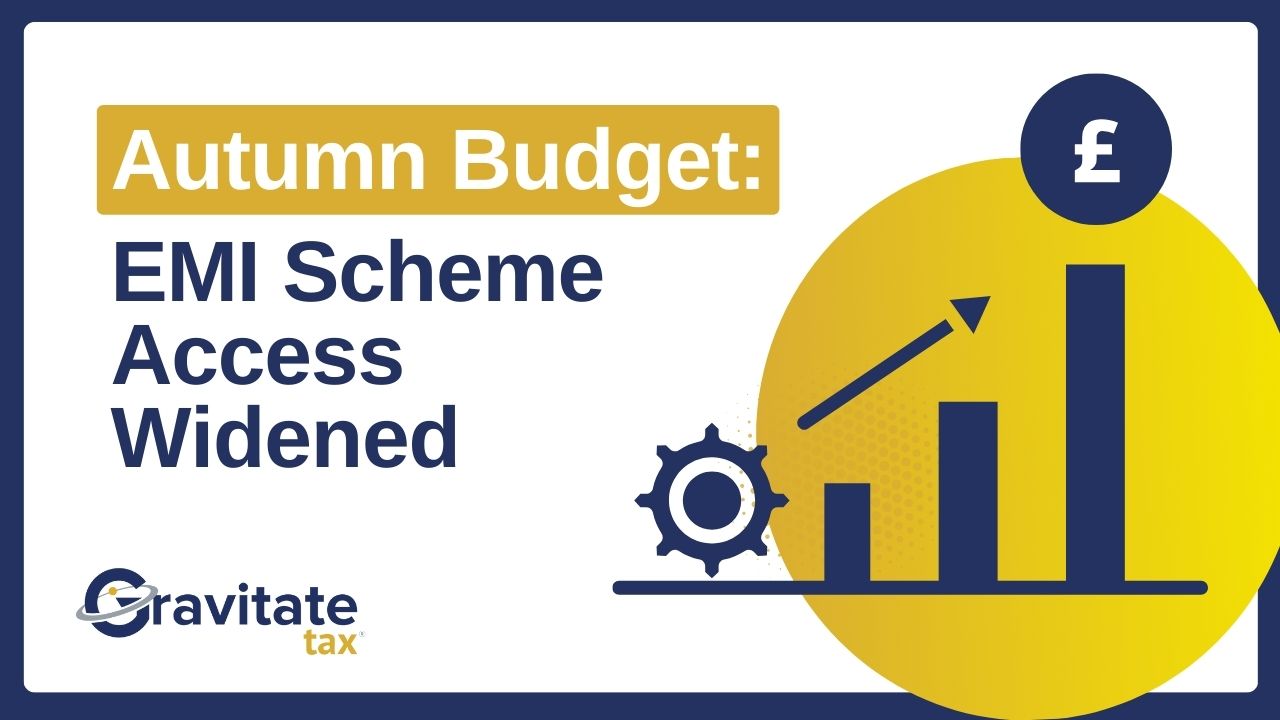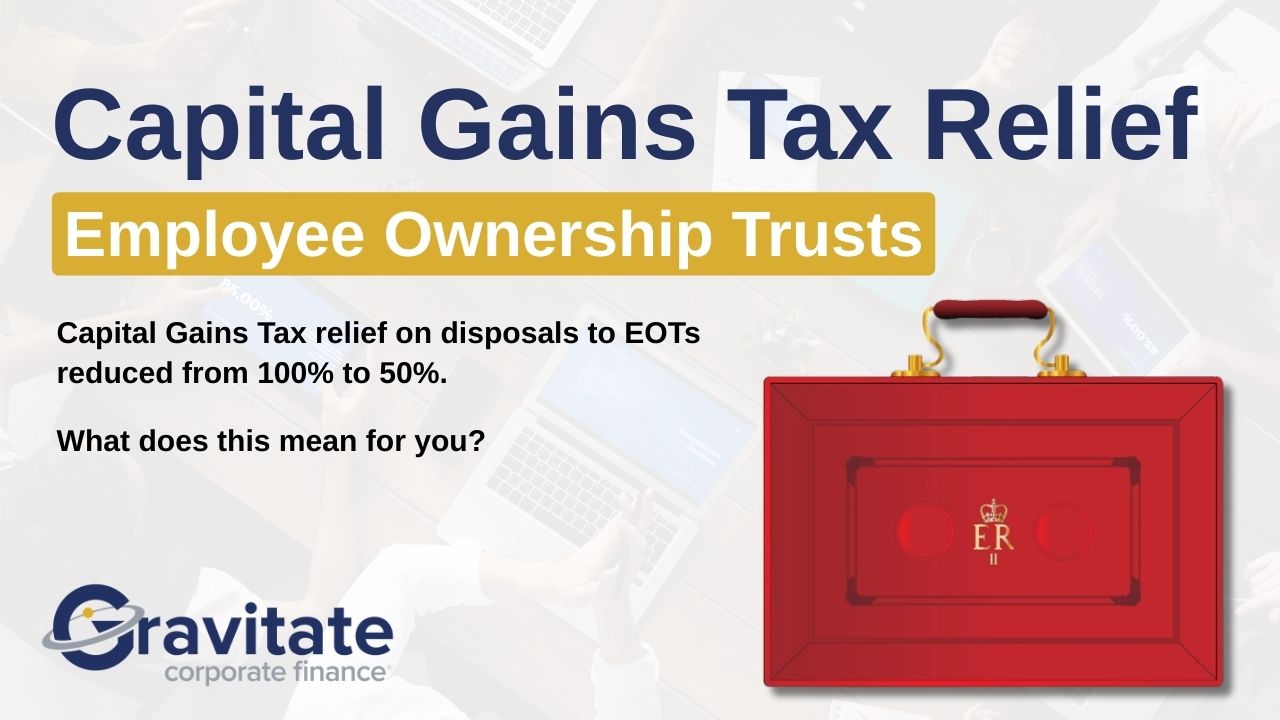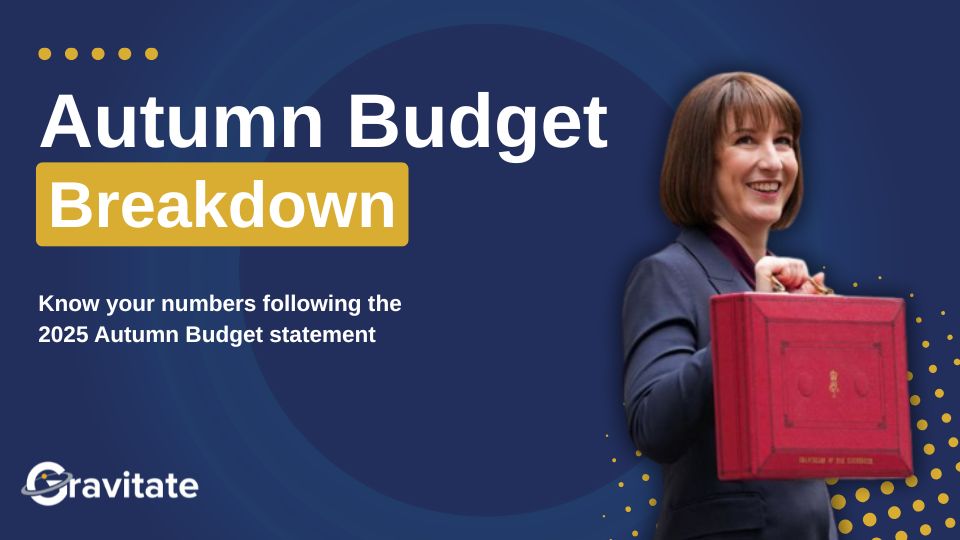In the ever-evolving landscape of tax regulations, staying ahead of the curve is essential for optimising your financial position.
For directors navigating the intricacies of salary and dividends, strategic planning can make a significant difference in tax liabilities payable.
As we venture into the fiscal year from April 2024 to March 2025, it's important to assess your salary and make sure you know the repercussions of each.
Let's delve into two options:
Option 1: Pay No National Insurance
- Monthly Salary: £758.33
- Annual Salary: £9,100
Choosing this option offers several advantages:
- Qualify for State Pension: By maintaining a salary above the lower earnings limit, you ensure eligibility for the state pension, guaranteeing future pension income
- Corporation Tax Reduction: Taking a lower salary can result in a reduction in corporation tax liabilities for your company (In comparison Dividends don’t qualify for a corporation tax deduction).
- No Monthly Payments to HMRC: With no national insurance liabilities generated, this option simplifies administrative burdens, providing a streamlined approach to monthly accounting and bookkeeping tasks.
Option 2: Optimise Personal Allowance and Tax Position
Monthly Salary: £1,047.50
Annual Salary: £12,570
- This option optimises your tax position but includes the additional admin of making payments to HMRC.
- The Most Tax-Efficient Option: Despite the company incurring some tax liabilities, the savings in corporation tax outweighs the national insurance payments, making this the most tax-efficient choice.
- Corporation Tax Reduction: Similar to Option 1, taking a salary contributes to reducing corporation tax burdens.
- Qualify for State Pension: Ensuring eligibility for the state pension remains a key benefit.
❌ Company Tax Obligations: It's important to note that this option will lead to a HMRC liability payable so important you review your payroll reports each month to assess liabilities. If you already employ staff then this will be part of your monthly payroll tasks anyway.
Making the Right Choice
Ultimately, the decision between these options hinges on your administrative capabilities and the frequency of HMRC payments:
- Option 1 is ideal for those seeking simplicity and minimal administrative overhead, provided they meet the state pension eligibility criteria.
- Option 2 shines for individuals adept at handling administrative tasks or companies with employees making frequent HMRC payments, offering tax efficiency!
As we embark on the new fiscal year, it's important to align your salary strategy with your broader financial goals.
By making informed decisions tailored to your circumstances you can help you operate at maximum tax efficiency whilst considering your admin commitments.
Click here to speak to one of our team and optimise your tax position today!

.png)


.png)

.png)
.png)

.png)
.png)
.png)













.png)
.png)
.png)

.png)
.png)

.png)















.jpg)

.webp)
.png)

.svg)
